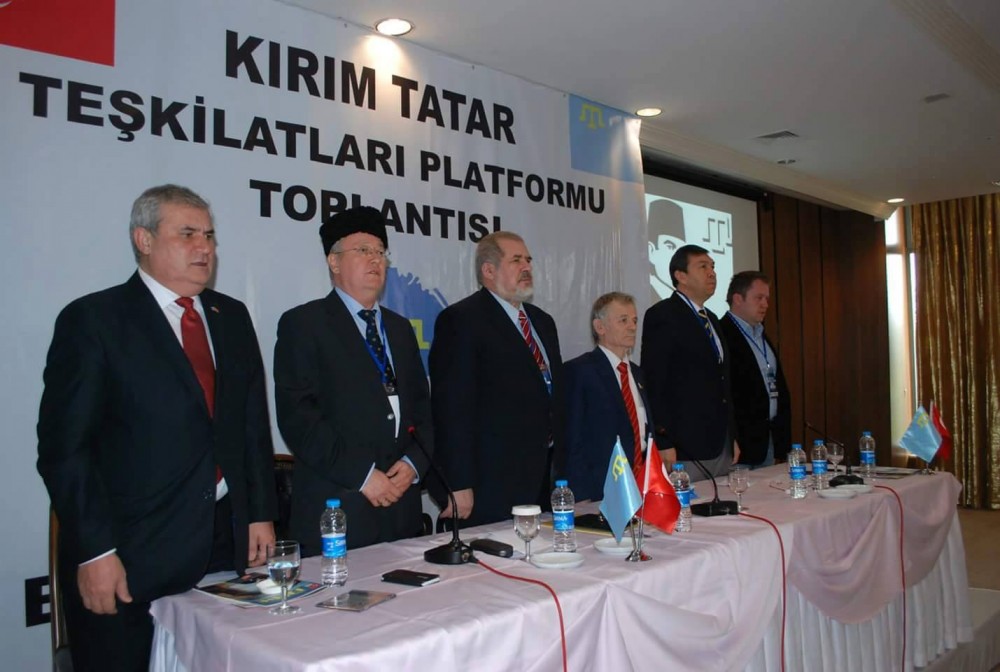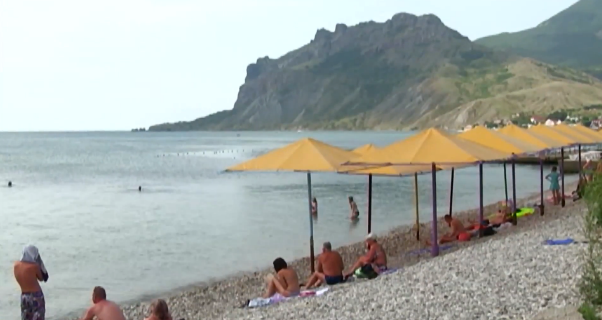In the dies non that exists in Russia over the country's long winter holidays, two uncomfortable and potentially dangerous questions have been raised about Vladimir Putin: Does his fall off in pubic activity mean he is sick? And are recent deaths of his top military commanders evidence that the Kremlin leader is getting rid of witnesses to his crimes?
That such questions are being asked at all is more important in terms of public attitudes than the answers that anyone may give to one or the other.
Yesterday, Moscow’s independent Dozhd television, citing a report by the Center for Economic and Political Reforms
, said that in recent weeks, Putin’s activity has fallen to “a record low for the past 15 years,” sparking concerns that he is either tired or sick.
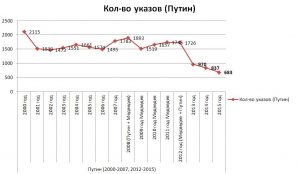
Between 1994 and 2012, the center’s analysts found, Russia’s three presidents, Boris Yeltsin, Vladimir Putin and Dmitry Medvedev issued between 123 and 149 decrees monthly. But since 2013, they found that Putin had issued “almost half as many” and that “the number has contracted further.” In 2013, he issued 970; in 2014, 837; and in 2015, 638.
Nikolay Mironov, the center’s director, says that this fall off in activity “may be connected with physical problems” or simply the result of the wearing down of someone who has long been in office. The decline began in May 2013, and since that time, many have suggested that Putin doesn’t look as well as he did earlier.
He notes that the decline in official activity includes not just decrees but other forms of orders issued to subordinates. Over the last year, Mironov continues, the president has distanced himself “from all important questions,” as shown as well by the way in which he answered questions at his recent press conference.
But the director points to the most important consequence of this: Under Russian conditions, if the president doesn’t formulate his orders in a written form, many in the bureaucracy and society do not know what they are supposed to do – and being at a loss, they may either do nothing or go their own ways.
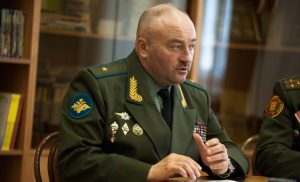
Today, Zoryan Shkiryak, an advisor to the Ukrainian interior ministry, suggested that the recent deaths of two military commanders who undoubtedly have access to many of Putin’s most closely held secrets suggests that the Kremlin leader may be killing off witnesses to his own crimes.
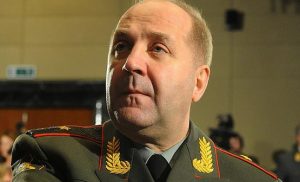
He points specifically to the death on December 27 of Major General Aleksandr Shushukin, who led the occupation of Crimea, and of Col.Gen. Igor Sergun, the head of the GRU
[Russia's military intelligence directorate, which is the country's largest foreign intelligence agency - Ed.], who has long done secretive dirty work “at the order of the Kremlin in the war against Ukraine.”
Of course, the two deaths may be a coincidence, but they are convenient and getting rid of the executors of regime policy has long been a tradition for the Soviet and Russian security services. They in this as in much else operate according to the principle “no person, no problem.” That Putin might do the same should not surprise anyone, Shkiryak says.


